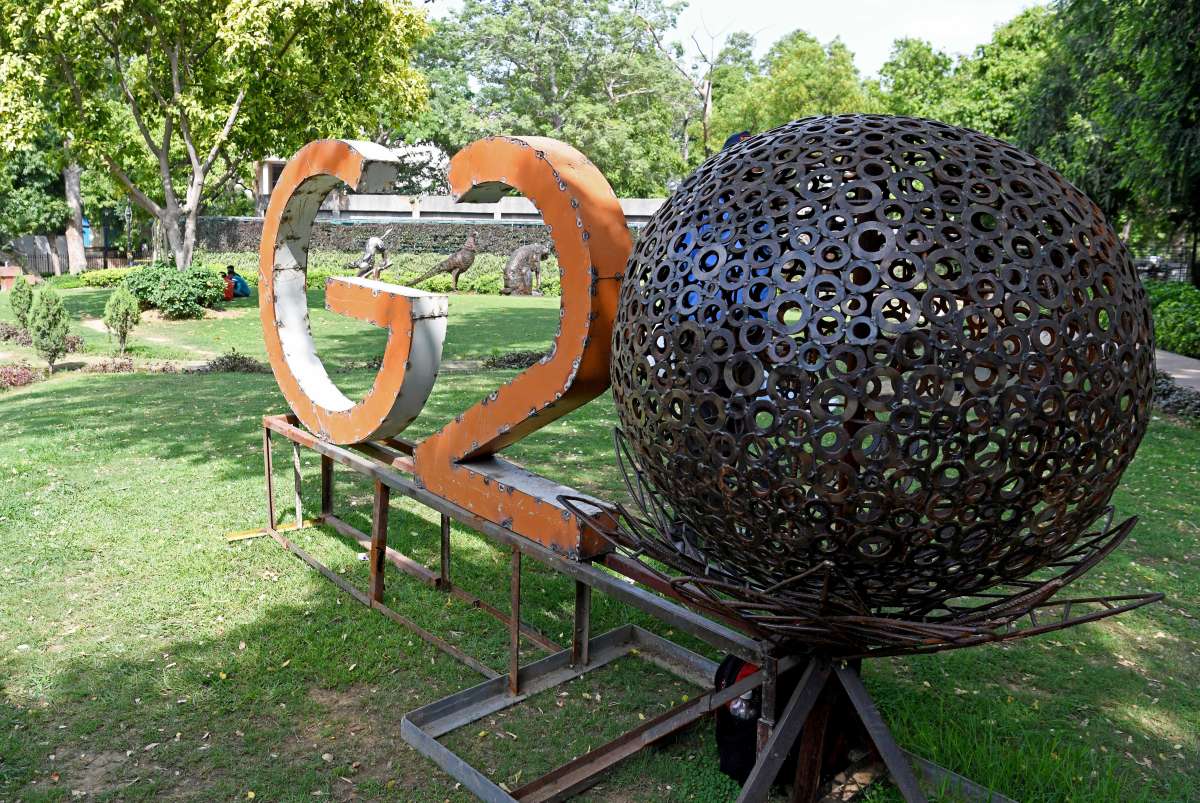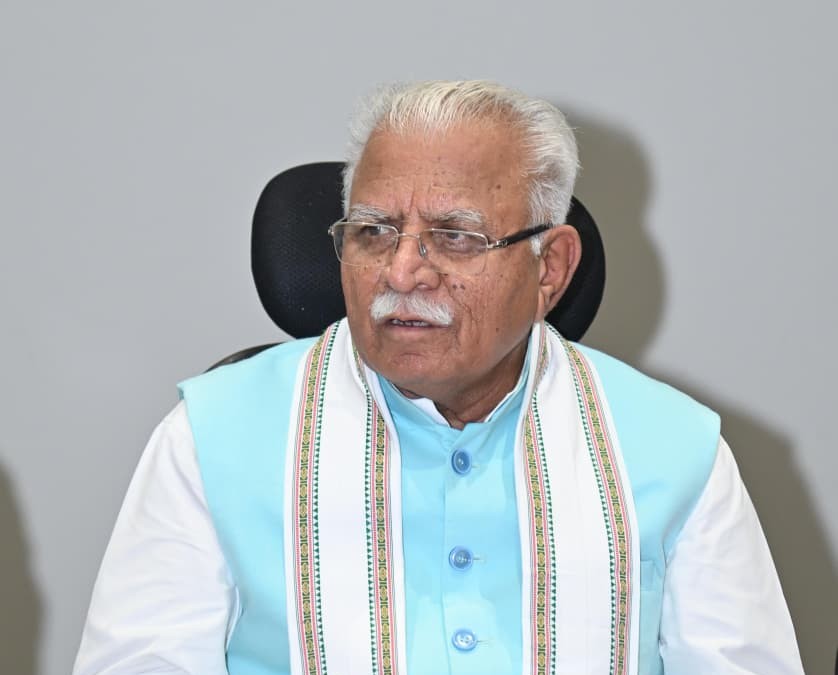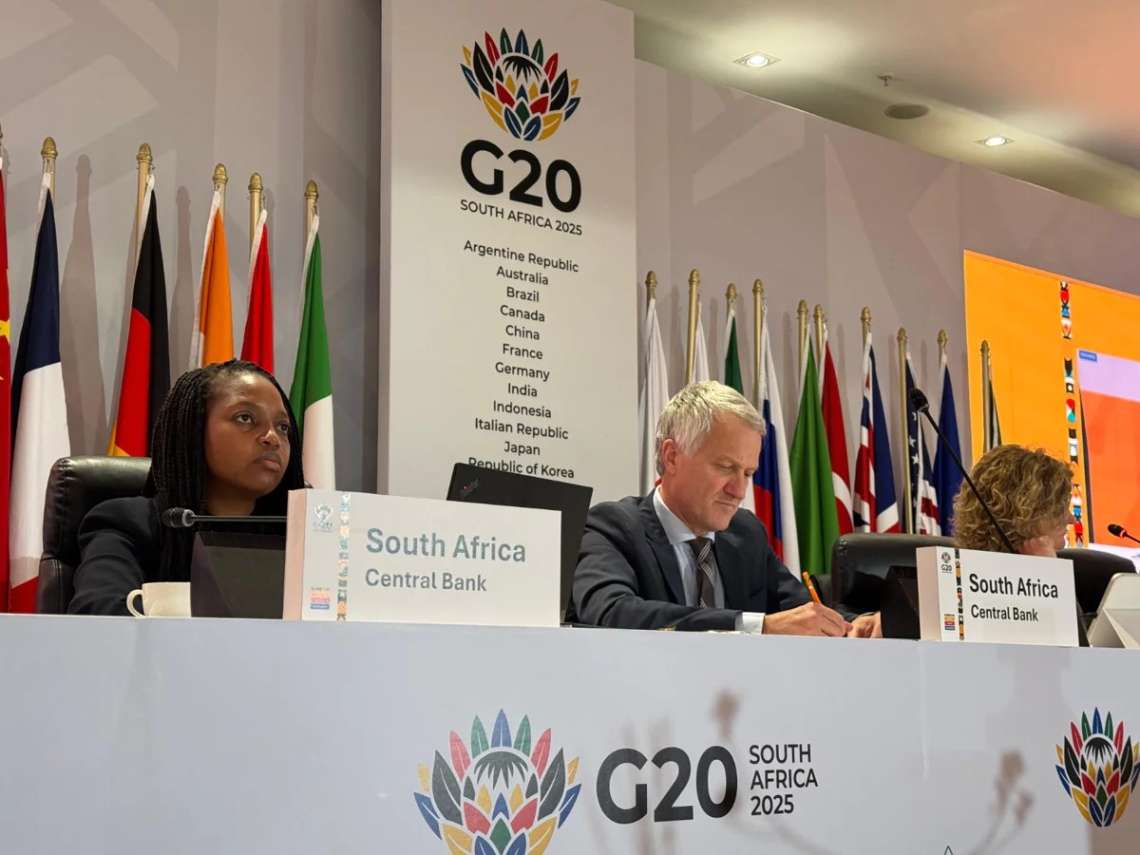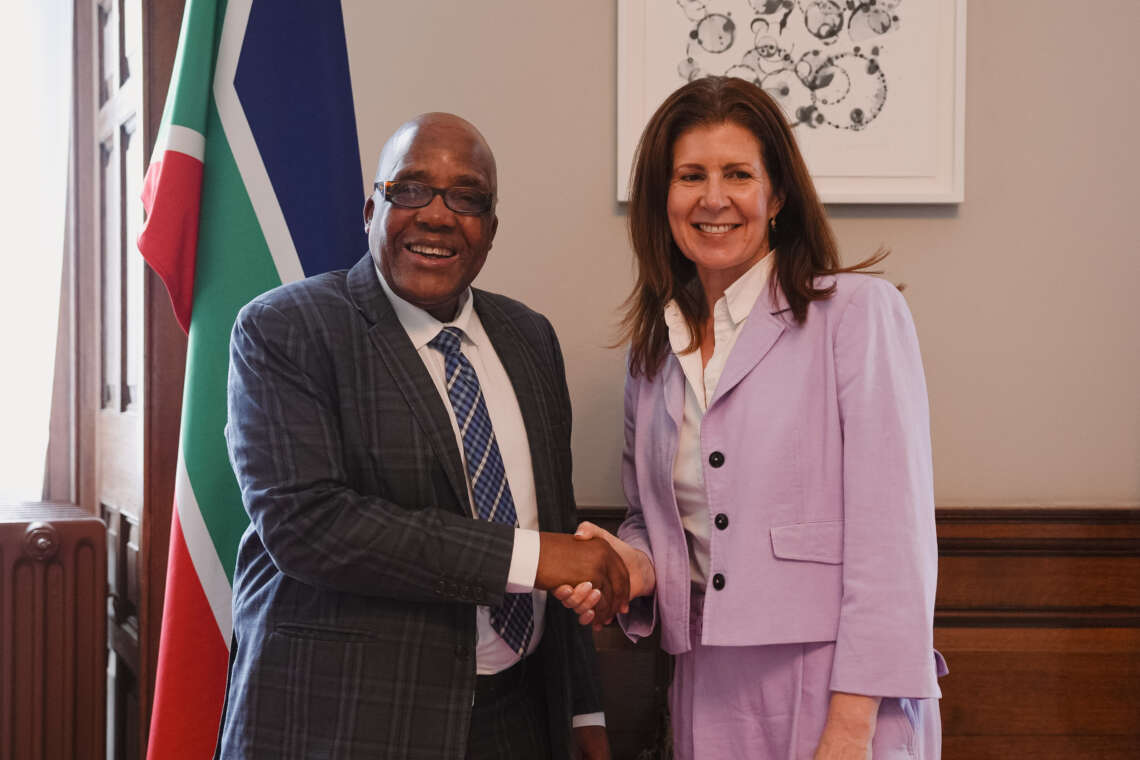Singh said the first volume seeks to establish more definite linkages between mandate, finance, operating model, and congruency in the MDB system…reports Asian Lite News
NK Singh, co-convener of the G20 independent expert group (IEG) on reforms in multilateral development banks (MDBs), on Tuesday evoked the outcome of the Paris Summit and emphasised the need to constitute a “global challenges funding” mechanism that can garner an additional $20 billion for global public goods.
He said IEG, which already submitted the first volume of the report, would present the second volume at the next meeting of the Finance Ministers and Central Bank Governors (FMCBGs). Singh was speaking on “International Financial Architecture” at the third FMCBG meeting in Gandhinagar on Tuesday. The G20, under the aegis of India’s presidency, in March set up the expert group on strengthening MDBs with Harvard University president emeritus Lawrence Summers and Institute of Economic Growth president NK Singh as co-conveners.
Speaking about the first volume of the report, Singh said: “A rather innovative part of this report is the suggestion to constitute a Global Challenges Funding mechanism” that will “crowd-in ‘a coalition-of-the-willing’ among sovereign donors and non-sovereign investors. We believe this mechanism could garner, at least, an additional $20 billion.”
He said IEG undertook wide-ranging consultations with over 200 stakeholders and policy makers to finalise the report that recommended MDBs adopt a “Triple Mandate” — eliminate extreme poverty, focus on inclusive growth, and work towards the financing of Global Public Goods. Referring to the second volume of the report, he said: “Both reports are independent, but inevitably integral to each other.” The reports seek to “rewrite the script on MDB transformation”, he added.
Singh said the first volume seeks to establish more definite linkages between mandate, finance, operating model, and congruency in the MDB system.
Highlighting the vision and mandate of the MDBs, he said the World Bank’s evolution road-map recognises, as does the outcome of the Paris Summit, that “no country should have to choose between reducing poverty and protecting the planet”.
He said momentum must be restored to address urgent global challenges and Sustainable Development Goals (SDGs). “Based on broadly consistent analyses from a number of sources it is estimated that an additional spending of $3 trillion per year by 2030 is needed. These sources include the Independent High-Level Expert Group on Climate Finance, the World Bank, the OECD and others.”
“We believe that two-thirds of this could come from domestic resource mobilization, which needs a separate strategy. There remains a gap of $1 trillion in additional external financing. We believe that more than half could come from private financing, and the rest from official financing. This division is corroborated by country-level assessments including the South Africa, Indonesia and Vietnam JET-P’s [Just Energy Transition Partnership],” he said.
ALSO READ-Needed at G-20 Summit in Delhi: A Ukraine ceasefire













